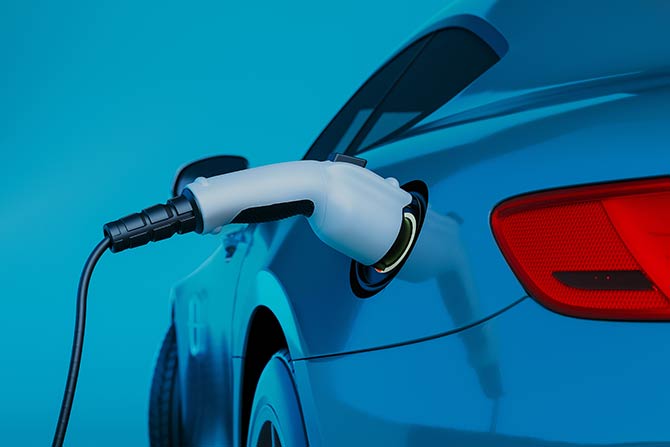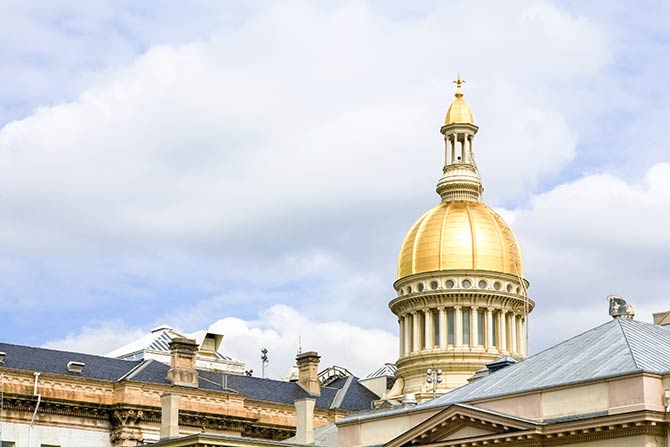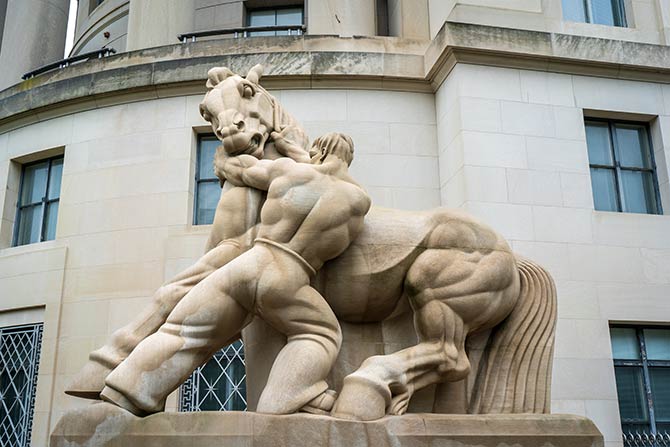While Governor Murphy has committed to making New Jersey a 100% EV market by 2035, his administration has added a new $1,060 registration fee for EVs, proposed yet another cut to the Charge Up New Jersey EV incentive, and proposed a state budget that phases out the sales tax exemption for EVs. Let’s look at these head-scratching actions that have shown a spotlight on EV policy that seems at odds with itself.
EV Registration Fee
No one disputes that EV drivers should pay their fair share into the Transportation Trust Fund (TTF) to maintain roads and bridges. The proposed $250 annual surcharge (which creeps up for the next several years) was the first warning sign that the state’s aggressive EV mandates are on a collision course with its fiscal realities. Since our DMV collects motor vehicle fees four years up-front, this $250 fee isn’t just $250 at the point of sale. The fee adds more than $1,000 to the cost of every EV registered in New Jersey.
Proposed Cut to Charge Up New Jersey EV Incentive
The Charge Up New Jersey EV incentive program was launched as a $300 million, 10-year program and is entering its fifth year. The program started as a $5,000 incentive on any EV priced below $55,000. It evolved into a two-tier program providing a $4,000 incentive on eligible EVs priced below $45,000 and a $2,500 incentive on eligible vehicles priced between $45,000 and $55,000. Now, the Board of Public Utilities (BPU) has proposed chipping away at the value of the incentive in 2024, making it a $2,000 incentive on any vehicle below $55,000 and providing another $2,000 incentive that is income-based. According to the proposed plan, consumers will be required to submit documents to the BPU to prove they are eligible for the income-based incentive and will need to be pre-approved before going to a dealership to shop for an EV.
Proposed Phase Out of EV Sales Tax Exemption
Details haven’t been released, but the governor’s proposed 2024-2025 budget does away with the EV sales tax exemption, the most effective and the only consistent EV incentive dealers have had to work with in the showroom.
What Does This All Mean?
Automakers and auto retailers have been challenged by the Murphy Administration to sell an increasing number of EVs in New Jersey. The automakers are meeting the challenge by designing and building exciting new EV products, and dealers have invested more than $200 million preparing to sell and service those EVs.
Put simply, dealers want to sell what consumers want to buy, and right now, EV sales in New Jersey lag far behind the government mandates imposed by the California Air Resources Board (CARB), which governs the New Jersey EV market. Under the California rules, EV sales were supposed to reach 23.5% last year. They were less than 12%. Under CARB’s Advanced Clean Car II (ACCII) rule, which was adopted by the New Jersey Department of Environmental Protection (NJDEP), that mandate will jump to 43% in 2027, and then climb all the way to 100% by 2035.
What’s Next?
The Murphy Administration needs to come to the realization that taking away or weakening EV incentives at a time when EV sales are continuing to decline is a fool’s errand. Dealers need generous cash-on-the-hood incentives and the sales tax exemption to turn EV-curious customers into EV owners.
If the state cannot afford the subsidies and the mandates at the same time, it should withdraw from the CARB program and revert to the more flexible (but still aggressive) federal clean car rules followed by most other states.
The governor’s plan to phase out the sales tax and slam EV buyers with $1,000 in new, up-front costs will further derail EV sales. Ultimately, consumers will decide when New Jersey becomes a 100% EV market — not automakers, not auto retailers, and certainly not government decision-makers.









